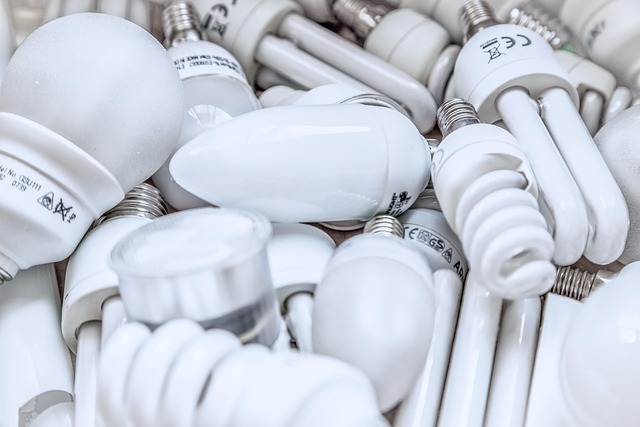Aquaculture, often hailed as a sustainable alternative to traditional fishing, plays a pivotal role in food security and offers a way to meet the growing global demand for seafood. However, it is increasingly crucial to address the environmental implications of this practice, especially in the context of climate change and emissions. With rising global temperatures, aquaculture faces unique challenges that directly impact the ecosystem and the communities reliant on it.
As the climate shifts, water temperatures and quality are affected, which can alter the growth rates of fish and lead to increased disease prevalence. Furthermore, traditional aquaculture operations often rely heavily on fossil fuels for feed production, transportation, and management operations, contributing significantly to greenhouse gas emissions. This creates a paradox where aquaculture, intended to alleviate overfishing and enhance food sustainability, risks worsening the very climate challenges it seeks to mitigate.
Innovative aquaculture practices are being developed to tackle these issues. For example, integrated multi-trophic aquaculture (IMTA) serves as a sustainable solution by cultivating various species at different trophic levels, which helps in nutrient recycling and can reduce discharge pollution. This method not only minimizes emissions associated with feed but also improves the overall health of the aquatic ecosystem.
Moreover, embracing renewable energy sources, such as solar or wind power, in aquaculture operations can significantly reduce carbon footprints. These sustainable energy alternatives are essential as the industry moves towards reducing its reliance on fossil fuels. Not to mention, aquaculture farms can incorporate energy-efficient systems that monitor and optimize production processes, further decreasing emissions.
The transition to more sustainable aquaculture is also driven by consumer demand. As awareness of climate change increases, many consumers are seeking out seafood sourced from environmentally responsible practices. This growing market trend incentivizes producers to adopt lower-emission strategies and improve overall sustainability. By making informed choices, consumers can play a critical role in shifting aquaculture towards a more eco-friendly future.
Research and technological innovations are essential in developing practices that not only enhance fish growth but also alleviate the sector’s footprint on the planet. For instance, advancements such as genetic selection for disease-resistant species can reduce the need for antibiotic usage, thereby lowering emissions associated with drug production and application. Similarly, better feed formulations that utilize alternative protein sources can lower reliance on fish meal and oil, contributing to more sustainable aquaculture.
As we continue to navigate the challenges posed by climate change, the aquaculture sector must prioritize sustainable practices that address emissions. By doing so, we can ensure the health of our oceans and the livelihoods of communities that depend on them. It is a collective responsibility that demands action from producers, consumers, and policymakers alike. We must champion aquaculture that not only feeds the world but does so in a way that nurtures our planet and respects the delicate balance of our ecosystems.



